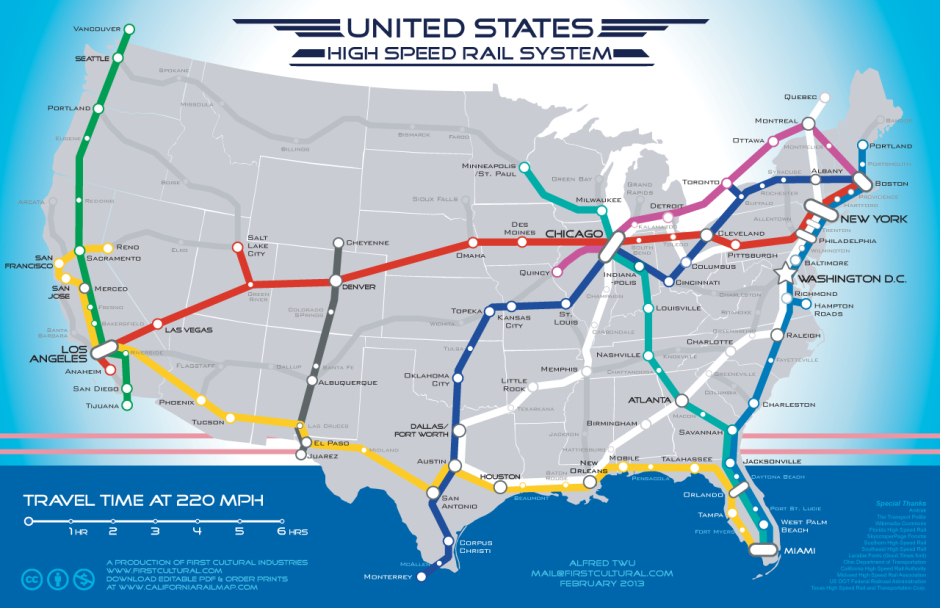Thomas Frank, writing in Scientific America:
The agency’s projection that the system will “no longer provide [required] risk reduction as early as 2023” illustrates the rapidly changing conditions being experienced both globally as sea levels rise faster than expected and locally as erosion wipes out protective barrier islands and marshlands in southeastern Louisiana.
A slow moving disaster in the making. Let’s hope the Army Corp. and the residents and decision-makers in all levels of government start addressing this now.


